SHILLONG, AUG 5: In line with Prime Minister Narendra Modi’s dream of a ‘Digital India’, the Indira Gandhi National Open University (IGNOU) has decided to digitalize its learning materials, which were earlier provided in print format to over 31 lakh students.
The big initiative, which is on a take off stage, will take away the major hassle by slashing the whopping annual expenditure of Rs 200 crore incurred for printing the study materials to “half”.
“We have decided to digitize all our learning materials which will be made available to all the learners in addition to the print materials that we give them,” IGNOU vice chancellor Dr Ravindra Kumar told reporters here.
Dr Kumar arrived in the state’s capital here on Saturday to address the meeting of the North East Council (NEC) – which was constituted earlier last year – comprising of all regional directors from the region.
Stating that IGNOU is working on the Digital India initiative call by the PM, he said creating all the study materials in the digital format for learners to become familiar with it is the first step towards this direction.
Citing the advantage of the digital learning, Dr Kumar said learning materials in digital format is very easy to carry and moreover it can easily be transported on smart phones unlike the print format which is fairly bulky for the learners.
“Smart phones can become device for multiple-access device, it serve the purpose as a phone and a small computer and in addition it will give all the digital materials on it,” he said.
Asked, the VC said the digitalization of study materials will safely reduce the cost of expenditure of Rs 200 crore – which is from the time of creating print materials till they are distributed to the learners – by half.
“In the first instance some input will go in creating digital materials, but once this digital material is created, recurring cost will be far less. Our estimate is that the money spend to the tune of 200 crore every year will come down to about 75-100 crore through digital initiative,” he said.
According to him, the print format has many hassles from acquiring paper, accessing the printers, photocopy and print besides dispatching it to learners.
On an average, IGNOU is enrolling over 9 lakh students every year and it has a collective strength of 31 lakh students. Of this, around 65,000 – 70,000 students are from the North East region. Meghalaya alone has an enrollment of 9,000.
Moreover, he said that the Government of India has created a communication network in which the PM’s target is to provide broadband facilities to 10 lakh villages.
Stating that this will be a passage for the university, Dr Kumar said, “All digital materials will run on this broadband connectivity and our learners located in remote areas will also get access.”
For this purpose, he informed that a memorandum of understanding (MOU) was signed by the IGNOU and the National e-Governance Division of the Ministry of Information Technology.
“It provides the entire e-Governance materials prepared by the Digital India and nation-wide internet network free of cost,” he said.
On the problem of connectivity faced by the North East, Dr Kumar said because internet connectivity is a problem in the region, we have revived our Gyandarshan and additional facility of Swayam prabha to address the problem.
Swayam prabha is a group of 32 DTH channels that telecast high-quality educational programmes 24X7 using the GSAT-15 satellite, allowing students to access to classroom lectures on TV sets. The telecast on different subjects from different institutions is provided on 32 DTH channels.
Apart from digitization of learning materials, IGNOU has also decided to create around 5,000 digital learning centres (DLCs) which are under the control of regional directors.
In Meghalaya, Dr Kumar said that they want to create at least one DLC in every block of the state (which is having a total of 46 blocks).
“We would like to keep a seating capacity of 50 to begin with in each DLC which will work round the clock,” he said while however adding that electricity is a major issue but wherever it is available DLC will be there.
Highligting on the role of the North East Council (NEC), the vice chancellor said it was constituted to take a collective decision on behalf of the NE region.
“This (NEC) is exclusive for NE region. We will not impose anything on them and whatever proposal comes from the Council, will allocate funds but it is for the NEC to create a plan and execute the plan,” he said.
Reacting to a query, Dr Kumar said out of Rs 500, which is the total fund allocation, 20 per cent is reserved for the North East region adding fund is not an issue.
Stating that the idea is to empower the region and that not only decision are taken in Delhi, he said the people in the NEC are the best to take a complete assessment of the requirement of the region and accordingly make plans.
On the other hand, he said that setting up of more regional centres is not an issue, but the IGNOU want more study centres to be set up because these are the nodal points from where its programmes are delivered to students.
At present, there are only 200 study centres in the North East. Dr Kumar however said that adding another 100 study centres is not an issue for us but initiatives have to come from the local people.
According to him, the NEC will have to take up issues pertaining to land acquirement and construction of infrastructures for the purpose.


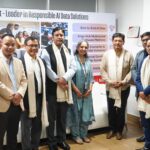
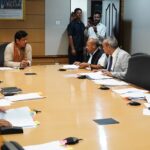






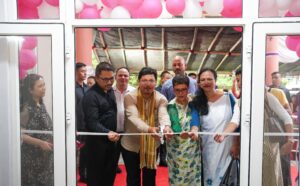
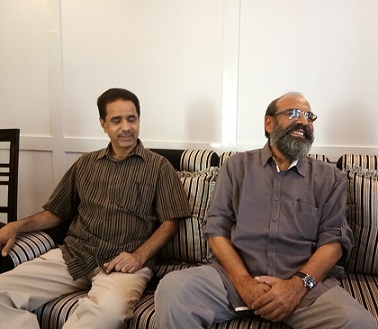

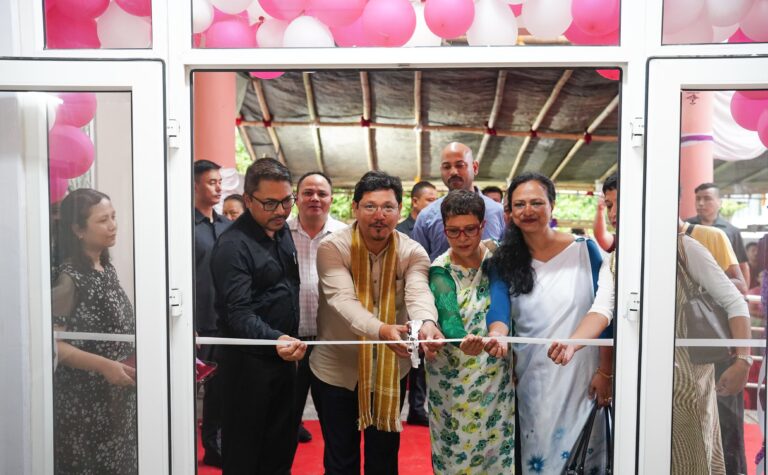
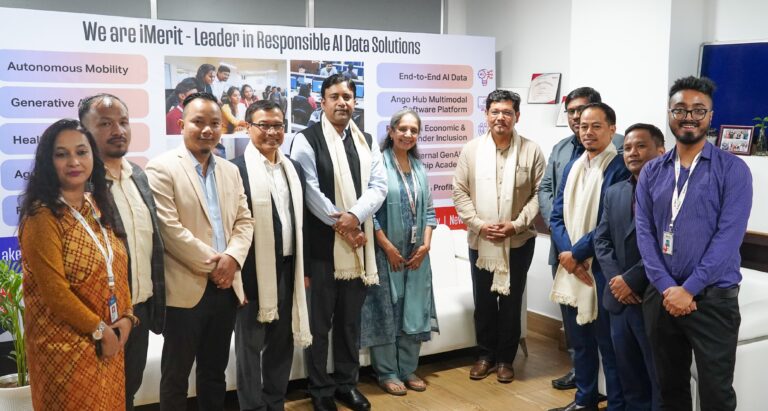
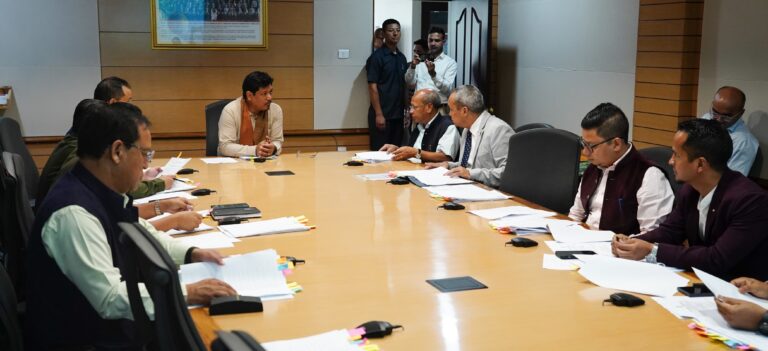
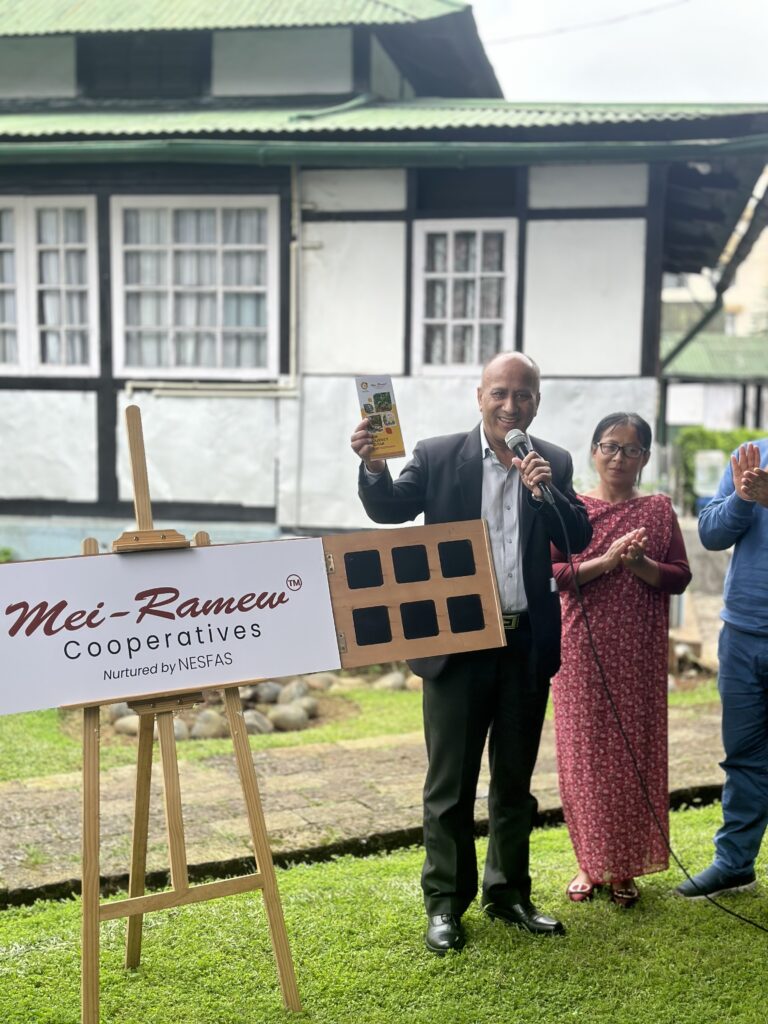
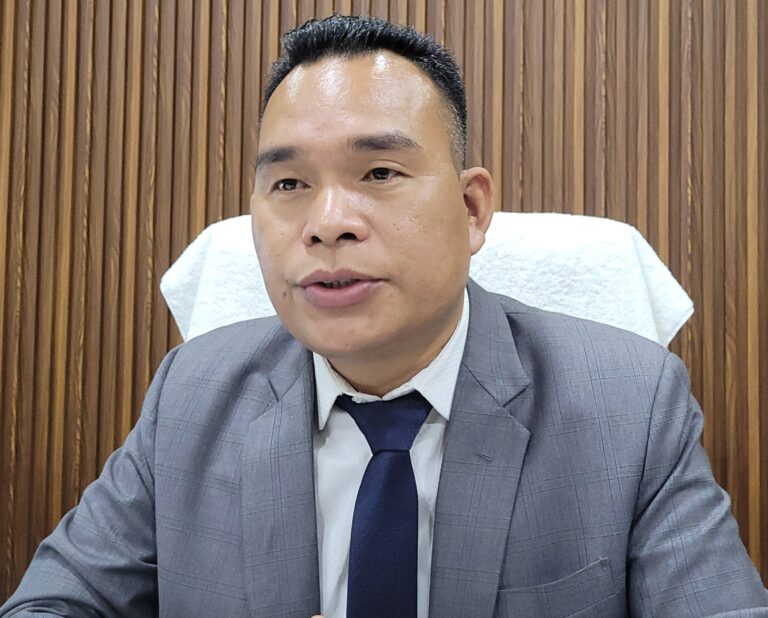
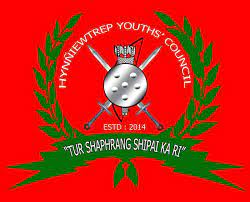

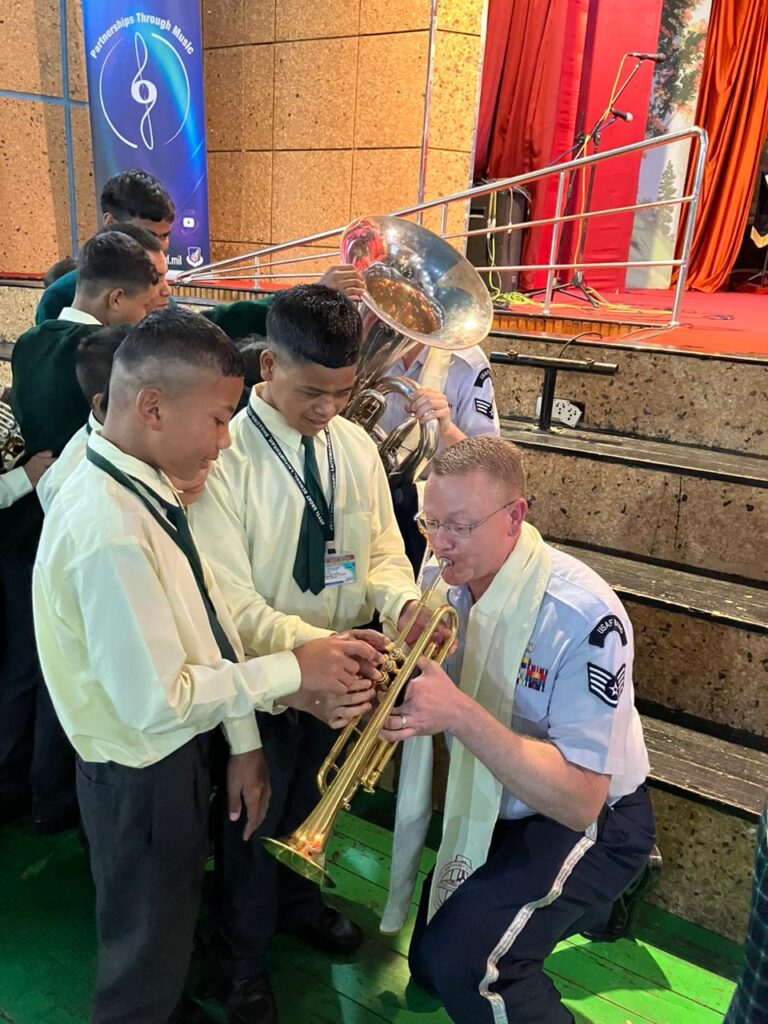
+ There are no comments
Add yours